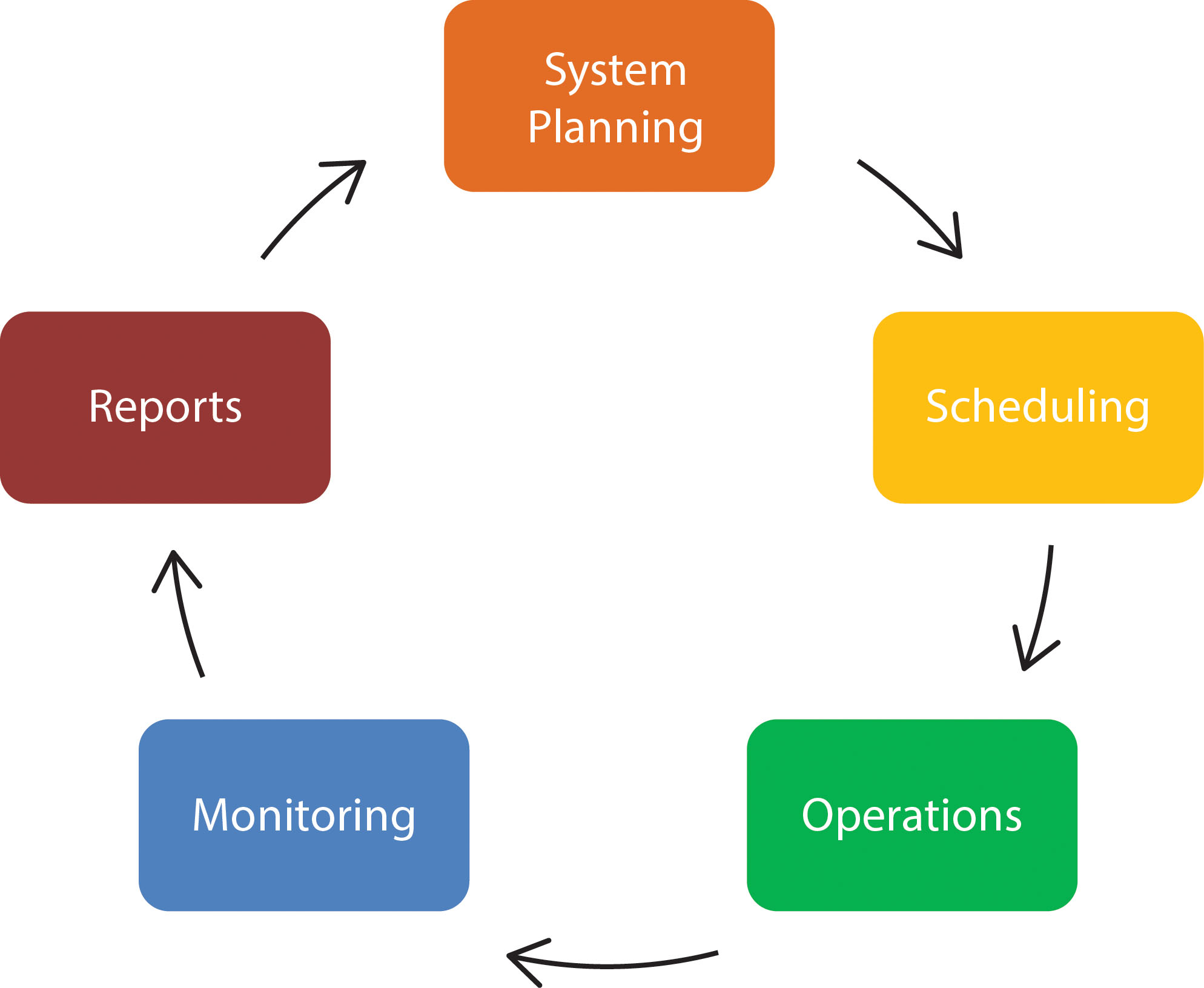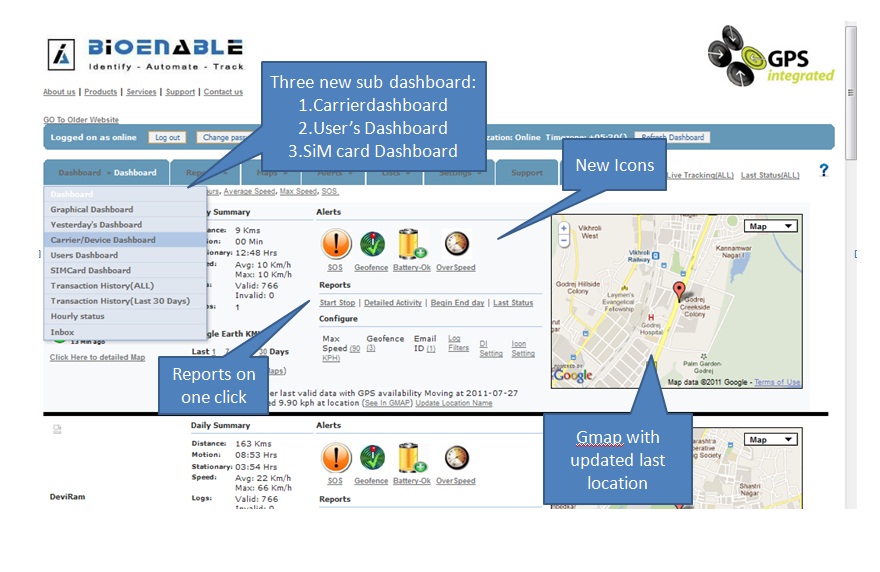19.6Management Information System
All of the biggest technological inventions created by man—the airplane, the automobile, the computer—says little about his intelligence, but speaks volumes about his laziness.Mark Kennedy, politician, 1957–

The management information system (MIS) uses data from the AVM and fare collection systems to generate information to aid in optimizing planning and service. The information generated can support a wide range of planning, analysis, reporting, and administrative functions. This includes service planning, scheduling, resource optimization, performance, and contract management. The MIS helps identify loopholes and deficiencies in the system and make quick decisions to address any shortcomings.
The IT service provider can develop a graphic dashboard that provides real-time output pertaining to bus operations and financial transactions. For example, the dashboard can have different modules and tab functions to show summaries of real-time passenger boarding at various stations, tickets issued, buses in operation, bus positions, and bus speeds. There can be many different types of output reports generated for personnel at different levels of management. The reports can be provided on a daily, weekly, and monthly basis.

- Bus operations reports can include the following:
- Trip summary;
- Bus equipment fault summary;
- Bus service disruption, speed violations, unauthorized stoppage, vehicle breakdown, infrastructure damage, accidents, etc.;
- Route summary (number of buses, kilometers operated, average speed, alerts summary, infractions, performance in comparison with previous weekly and monthly average);
- Operations summary of individual bus (kilometers operated, hours in operations, average speed, alerts summary, infractions, performance in comparison route average over past week and month);
- Summary of bus operations by depot;
- Summary of bus operations by terminal;
- Staff and duty schedule reports;
- Financial reports.
Staff duty and schedule reports are required to be maintained in order to comply with prevailing labor practices and plan for systems operations and management. Staff and duty reports can include:
- Bus driver login reports;
- Noncompliance issues of different drivers for the shift;
- Bus operators supervision and maintenance staff login reports;
- Asset management and materials inventory at depots and CCC;
- Maintenance and supervision staff login reports;
- Administration and CCC staff login reports;
- All staff service hours and leave reports;
- Reports on staff requirement, accumulations, benefits, perks, etc.;
- Alerts to transport authority for duties towards staff like salary payments, leave approvals, material requirements, judgments and decisions, etc.;
- Reports on violation of duty terms and conditions by staff.
Financial reports can include the following:
- Payment for journey by passengers by purchase of paper tickets or use of smart cards;
- Payment toward purchase and recharge of a smart card;
- Fines paid by passengers;
- Daily cash collection at stations;
- Payment to bus operator and different subcontractors like fuel pump attendants, etc.;
- Payment to various service providers of the system like IT service provider, housekeeping agency, fare collection agency, other vendors supplying stationery and assets to transport authority, electricity and communication bills, etc.;
- Payment for civil works and infrastructure construction and maintenance;
- Payment to auditors;
- Compensation to staff, passengers, and contractors;
- All other administrative costs and payments.